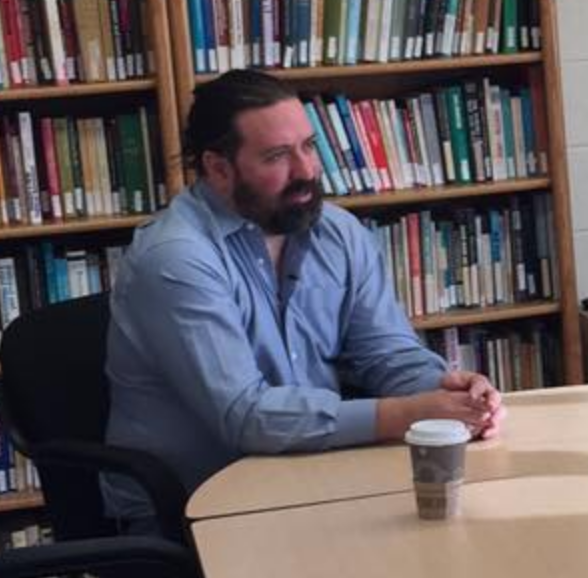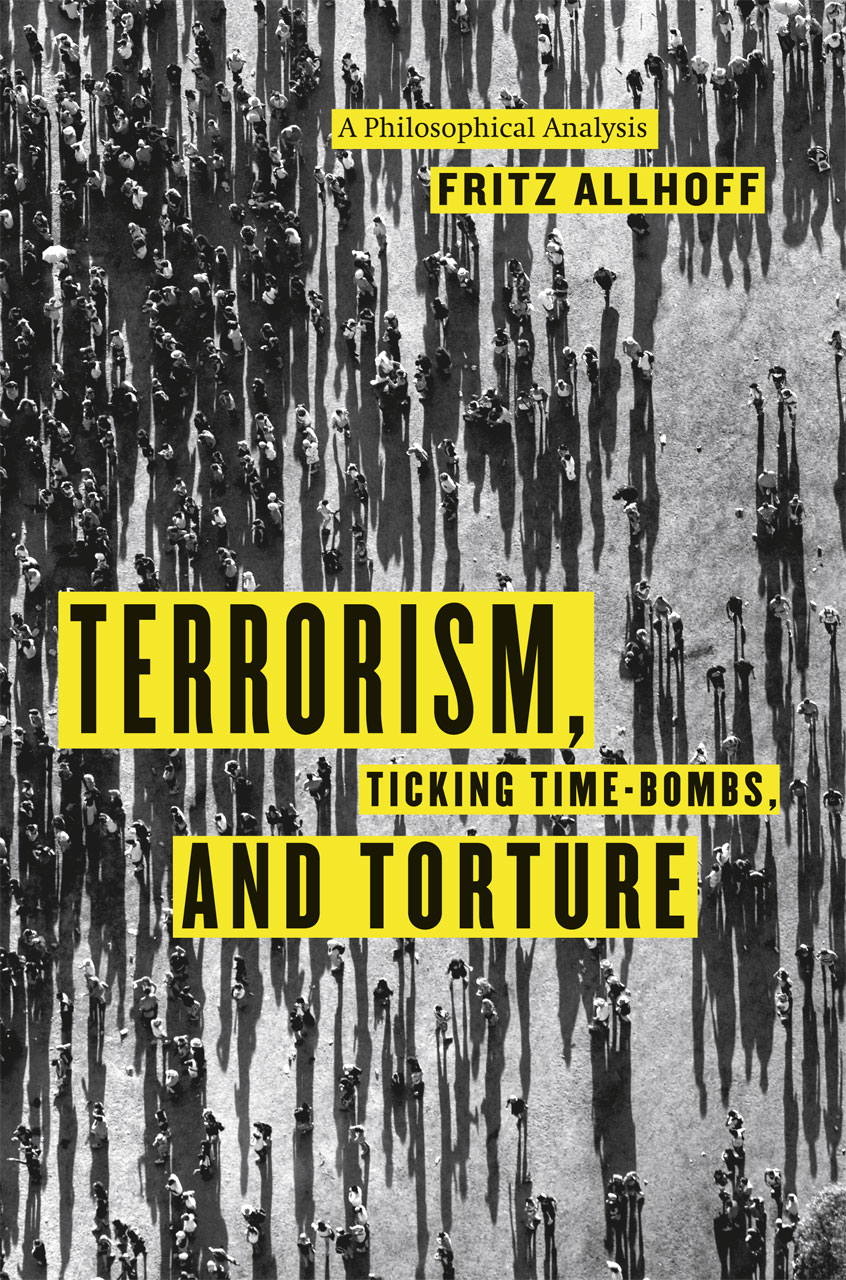Terrorism, Ticking Time-Bombs, and Torture
Fritz Allhoff, Terrorism, Ticking Time-Bombs, and Torture (Chicago: University of Chicago Press, 2012). Hardback, xii+266 pp. Excerpt published in International Journal of Intelligence Ethics 3.1 (2012): 3-45. “Editor’s Choice of Books Received”, Journal of Ethics (2012). Review by Robert Heineman in Choice Reviews Online, September, 2012. Review by Timothy Horner in Journal for Peace & Justice Studies 22.2 (2012): 106-108. Review by Stephen Kershnar in International Journal of Intelligence Ethics 3.2 (2012): 121-125. Review by Philip Devine in Ethics 123.2 (2013): 346-349. Review by J. Jeremy Wisnewski in Philosophy Today 57.1 (2013): 114-120. Review by Peter Brian Barry in Ethical Theory and Moral Practice 16 (2013): 675-696. Review by John Kleinig in Australasian Journal of Philosophy 91.2 (2013): 407-409. Review by David E. Decosse (“Personhood, Utilitarianism, and the Limits of Torture”) in Criminal Justice Ethics 32.3 (2013): 258-261. Review essay by Bradley Jay Strawser (“Defensive Interrogational Torture and Epistemic Limitations”) in Public Affairs Quarterly 27.4 (2013): 311-340. Review by J. Jeremy Wisnewski (“In Defense of a Principled Absolutism against Torture: A Reply to Allhoff’s Terrorism, Ticking Time Bombs, and Torture”) in Philosophy Today 57.1 (2013): 114-120. Review by Adam Henschke in Human Rights Quarterly 36.2 (2014): 478-486. Review by Seumas Miller in Journal of Moral Philosophy 12 (2015): 116-120.
From University of Chicago Press:

